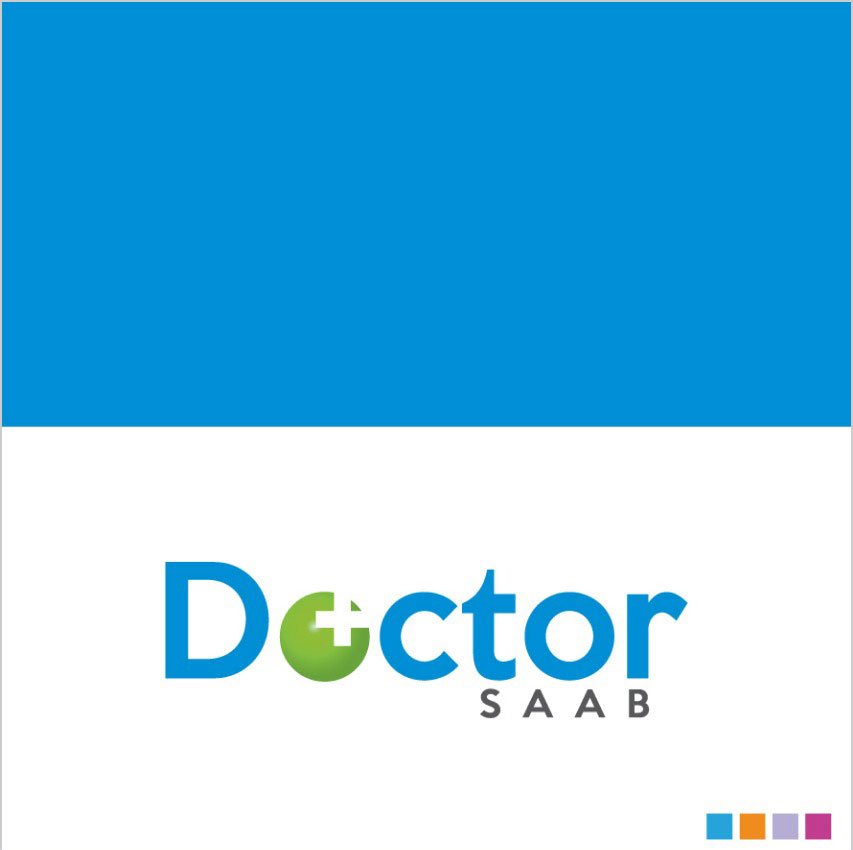Ulcerative Colitis Surgery (UC)
Surgery is one of the many treatment options available for few qualifying patients with ulcerative colitis (UC). Some people may opt for lesser invasive treatments first and then have surgery later as and if the disease progresses.
Who needs surgery for ulcerative colitis?
UC is manageable through medication and changes in diet. Over time, the initial treatments prescribed might no longer work or may become less effective. The symptoms and side effects of UC could become severe . Upto one-third of people with UC will need surgery at some point.
Types of surgery
The two main types of surgery for UC comprise of the removal of colon and rectum through proctocolectomy.
-
Ileostomy
Once your colon and rectum are removed, your doctor will need to create a way for your body to eliminate waste through ileostomy.You’ll in addition require a stoma as part of the procedure which is a surgically created opening that allows waste from your intestines to exit your body. You’ll also need to wear an ostomy pouch externally to catch body waste.
(2) Ileo pouch-anal anastomosis (IPAA)
This second type of procedure is sometimes called a J-pouch. Unlike with an ileostomy, a pouch is constructed at the end of your ileum and attached to your anus that eliminates the need for an ostomy pouch. Medications may help adapting control the function of the pouch. Initially some people may experience incontinence, or accidently pass waste or experience inflammation or irritation in the pouch ( pouchitis). Women may become infertile as a side effect.
How ulcerative colitis surgery is performed?
A proctocolectomy is performed in the hospital as an inpatient operation. You’ll receive general anesthesia and will be hospitalised during the procedure and for part of post surgery recovery.
After proctocolectomy, you’ll need an ileostomy or an IPAA. Most of the cases, doctors club both surgeries same day to minimise the need for general anesthesia twice.
After the Surgery
After the surgery, you’ll need hospital stay for 3-7 days to allow your doctor to monitor any evident signs of complications. Both sets of procedures will require 4-6 weeks of recovery period under the close monitoring of your surgeon, doctor, and an enterostomal therapist.
Following shall help you to improve your recovery:
-
Good nutrition intake to maintain your levels of nutrients.
-
Drink min 6 -8 glasses of water in a day.
-
Staying active is great as you recover, but not too much. Speak with your doctor.
-
Avoid stress.


